When you live with depression and anxiety, what happens when your parents get it wrong?
Most of you know many of the details of my childhood and its continuing assault on the way I see the world! So I’m not going to bore you by repeating it but an interesting thought crossed my mind recently about the role of authority in our life and the way we’re inclined to respond.
Read more about my childhood here: All the lost children.
Firstly, I think it’s important to state unequivocally that I believe in God. The Christian God. You may have heard of ‘Him’ in terms like Jesus or Holy Spirit. In this western world we have a very catholicized view of God and so before I go any further I am also going to state unequivocally that I have real problems with organized religion. You know what I’m talking about. The religious movements that fail to recognise the authority of God and work to achieve their own ends through manipulation, force, spiritual abuse, dictatorship or at worst cultish mind control.
So frankly, I’m not the favourite of many traditional church-going types. Frankly, I’m not the favourite of many! Something I could change if I just kept my mouth shut!!!
So when I was listening to someone speak about their life and the time when as a teenager their parents marriage fell apart, I was interested to note that it created within him a sense of doubt about the inherent authority they had in his life.
I can’t speak too much about all the implications this had for him because there wasn’t time to explore the details. However, I was led to consider our enlightened new way of perceiving ourselves as the ultimate authority in our own life.
We all know that at the beginning parents are the ultimate authority in the lives of their children. Then as children grow and uncover their own mindfulness, their own authority over self develops into self-control, self-discipline, and socialization. But what happens when a child’s own awareness begins to perceive weaknesses in that authority.
In the day, as a new parent, I would only allow my children to watch children’s shows on the ABC. This, in itself, was an attempt to limit the number of influences my infants were susceptible to. I somewhat intentionally controlled whom they associated with and attempted to make sure that our ‘family values’ were maintained.
Some 30 years later, in our more eclectic culture we are far more inclined to expose our children to as many influences as possible to provide a more inclusive range of experiences from which they can develop a deeper sense of self.
And this is where I’m inclined to wonder whether we’ve thrown the baby out with the bath water. Are we suffering from the effects of too many choices? When have we had so many examples of ‘right’ to choose from? When have we had more access to so much information that questions our own… er… everything?
The Christian in me advises me to live by two principles. Love God. Love People. It’s not a complicated philosophy and whilst I’d be happy to discuss the theological doctrines upon which I base my understanding, I’m not so arrogant as to believe I have all the answers.
However, if I were to choose my principles from my life experiences, I would be tempted to believe that in this fight for survival, I might be best served to believe there is no God worthy of loving and that my own selfish needs had priority over all else. After all, religion has created an image of God for us that is more about what we want in a God rather than what God wants in us.
It appears to me that we’re becoming more confused; more anxious; more depressed, and more overwhelmed by own inability to maintain authority over ourself. With so many correct choices (who determines what’s correct) we are free. But to what end?
The very fact we’re physical, sentient and spiritual beings means we have needs that cannot be met by simply existing. Failing to understand how we might negotiate our way through the endless questioning of who we are and how we succeed could well leave us confused, unfulfilled and at the whim of the ocean tides.
Ha-Joon Chang (an economist) says: Every market has some rules and boundaries that restrict freedom of choice. A market looks free only because we so unconditionally accept its underlying restrictions that we fail to see them.
So too it may be with the way we live our lives.
If you need to talk to someone NOW call Lifeline on 13 11 14.
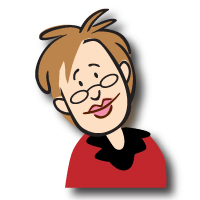
Deb Shugg is an awarded businesswoman, wife & mother, author and a sufferer of depression and anxiety.
If you need help to deal with your symptoms see your doctor.
(Abuse of another person is NEVER okay. If you are being abused or, if you are an abuser please seek help.)

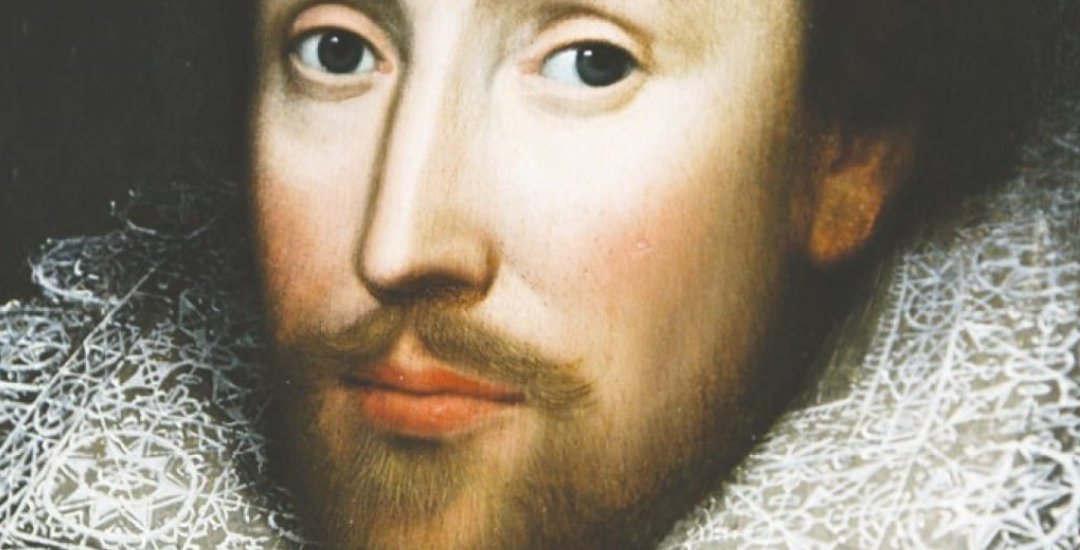
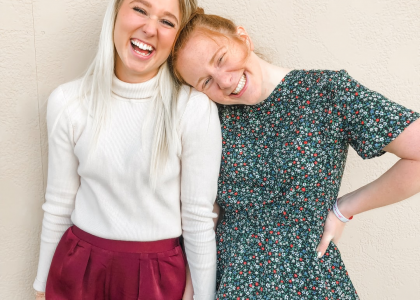

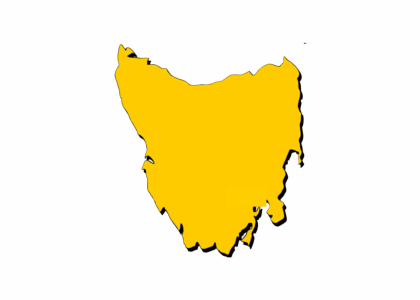
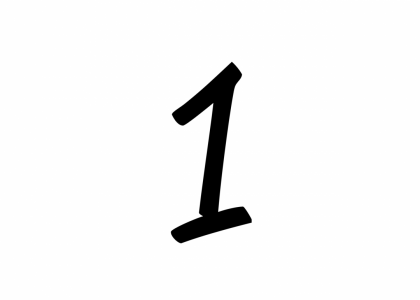
Recent Comments